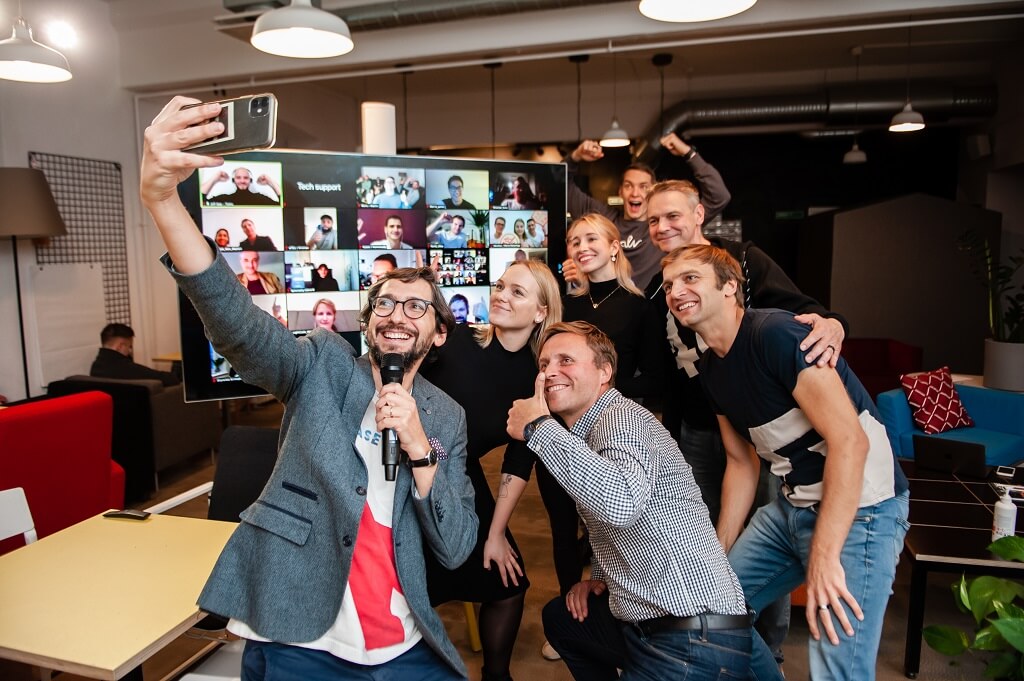Venture capital funds join forces with Baltic and Nordic universities, including Aalto University, University of Tartu, TalTech, Riga Technical University and the University of Latvia to launch a unique investment readiness day for deep tech teams called Science Base Camp.
The aim of Science Base Camp is to build a bridge between investors and future technologies to help accelerate the commercialisation of science-based products.
Science Base Camp, which was initiated by an early-stage investment fund Superangel, will bring together 12 ambitious teams who’d like to get feedback from investors and accelerate the commercialisation process. The first event is scheduled for Feb 19.
This is the first one of a kind initiative in the Baltics and Nordics with a plan to involve more universities and investors in the future.
‘Nordic universities are known for their innovation and forward-thinking. Our common goal is to offer support to science-based solutions that experience long development periods, and offer more meaningful feedback than ‘it’s too early for us,” Superangel cofounder Veljo Otsason said in a statement.
In addition to Superangel, Science Base Camp is joined by numerous other VCs, like Nordic deep-tech investment funds Nordic Ninja, Voima Ventures and Maki VC as well as Superhero and Practica Capital.
‘Combining science with entrepreneurship could be the start of something revolutionary, especially when a scientist and an entrepreneur are the same person. But these two worlds are quite different. To excel in both of them, it’s wise to listen to the advice of experts from another field, and not try to get through it alone,’ said Ahti Heinla, cofounder or Starship.
The uniqueness of Science Base Camp emerges from the impressive lineup of mentors consisting of entrepreneurs, investors and experts. Throughout the day, they will actively think along to help teams identify opportunities that could accelerate development time and increase market potential. In practice, meaningful feedback has helped teams save years of development time and significantly raise customers’ readiness to buy the solution. Participants can also use the opportunity to learn from teams from other universities who might be a step ahead in certain areas, and network with an international board of experts and mentors.
‘It can take up to 10 years before science-based solutions reach the market. To shorten lengthy development time and increase commercialisation potential, it is necessary to engage potential customers early on in the process,’ added Otsason.





